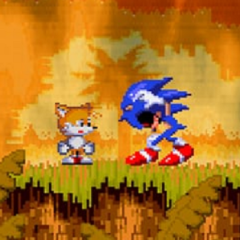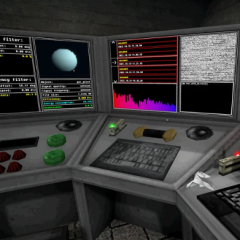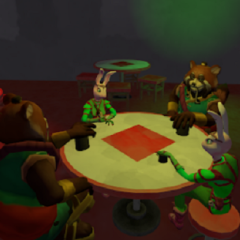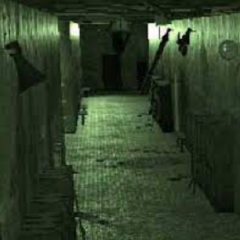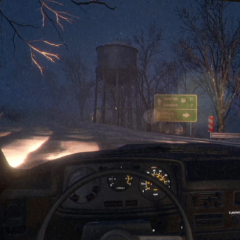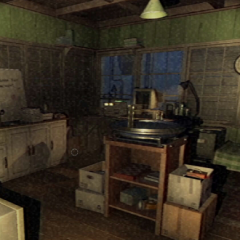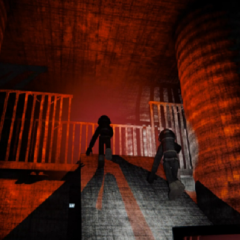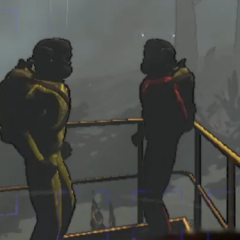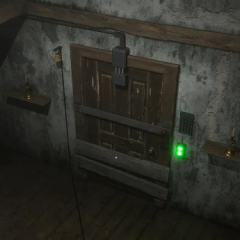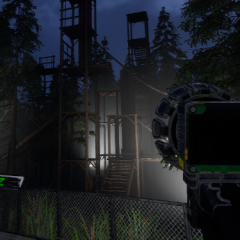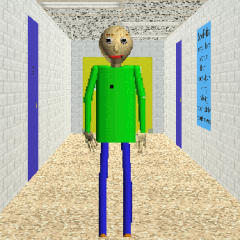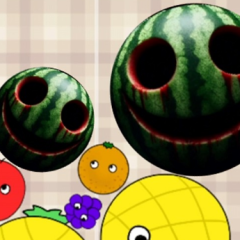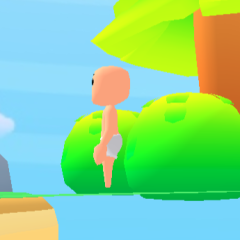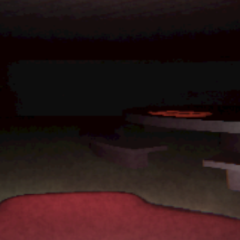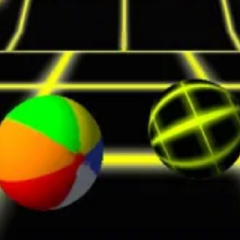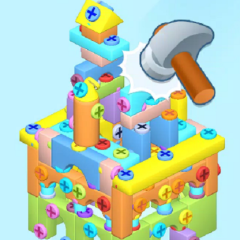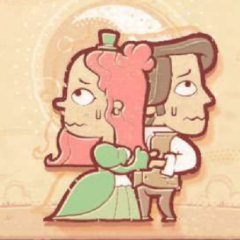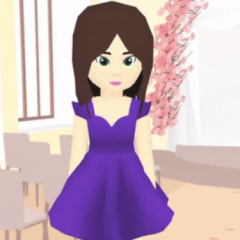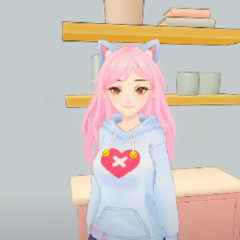Summertime Saga
Summertime Saga is a visual novel game that follows the life of a student navigating a mix of personal challenges, relationships, and unexpected events in a small suburban town. The player takes on the role of a young man dealing with the recent loss of his father, uncovering secrets about his family while balancing school, work, and social interactions. The game is structured around day-to-day progression, where time management and decision-making influence story outcomes. Each area of the town unlocks new characters and paths as the player moves through the narrative.
Exploration, Dialogue, and Progress
The game is built around exploration and character interaction. Players can visit multiple locations such as school, home, parks, stores, and other parts of the town. Each location may hold characters with unique dialogue options, tasks, or events tied to ongoing storylines. As the player interacts with more people, new story arcs become available, many of which require specific timing or item use to progress. Some events only occur at certain times of day or after completing particular milestones, encouraging replay and observation.
Key Gameplay Elements
Summertime Saga uses a point-and-click system combined with branching dialogue to guide the player through its world. Tasks range from simple fetch quests to more layered story segments that involve solving puzzles or managing relationships. The game also includes mini-games and stat-building mechanics that affect how certain scenes play out or whether certain options are unlocked.
Core features include:
- A detailed town with multiple explorable locations
- Dialogue-driven story progression with branching choices
- Time-based events and character routines
- Mini-games tied to specific storylines or skill development
- A calendar and inventory system for planning and tracking progress
- Multiple story paths with different conclusions
Story Themes and Character Arcs
While much of the game’s content focuses on relationships and daily life, there are deeper themes surrounding trust, responsibility, and growth. Each character introduced plays a role in the protagonist’s development, offering both conflict and support depending on the choices made. Some arcs are light and comedic, while others deal with serious or unexpected consequences. The open format allows the player to choose which threads to follow and in what order, creating a personalized experience.
Summertime Saga stands out for its blend of interactive storytelling, detailed environments, and long-term progression. It provides a structured but flexible experience where players can choose how deeply to engage with each character and subplot. Whether exploring side quests or advancing the main story, the game offers a layered and evolving journey through a suburban world full of secrets, routines, and choices.

